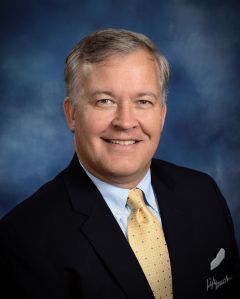South Carolinian’s have come to expect affordable and dependable telephone service, whether through their cell phones or conventional land lines. The Universal Service Fund (USF) was originally created to ensure just that.
Businesses and residents had access to telephone communication regardless of where they lived. This meant that if a business or individual were located in a high cost or rural area, they would still have an equal and affordable opportunity to phone access. When the USF was established, 20 years ago, land lines were the conventional method of communication. These consumers are now in the minority and mobile phones dominate the land line telephone market by a 4 to 1 ratio.
Today, mobile providers do not pay into the USF, but they rely upon the infrastructure USF creates to ensure access to business and other land lines. In the mobile phone world, “wireless” is not totally wireless.
In fact, “Wireless mobile calls don’t happen in the cloud. They require a cell tower that transmits your call through land line facilities to a tower nearest the person you’re calling or directly to their land line or VoIP phone. Without land-based networks, wireless mobile phones don’t work,” said Dukes Scott, executive director of the S.C. Office of Regulatory Staff.
Read the full article by clicking the link to the Greenville News Below:



